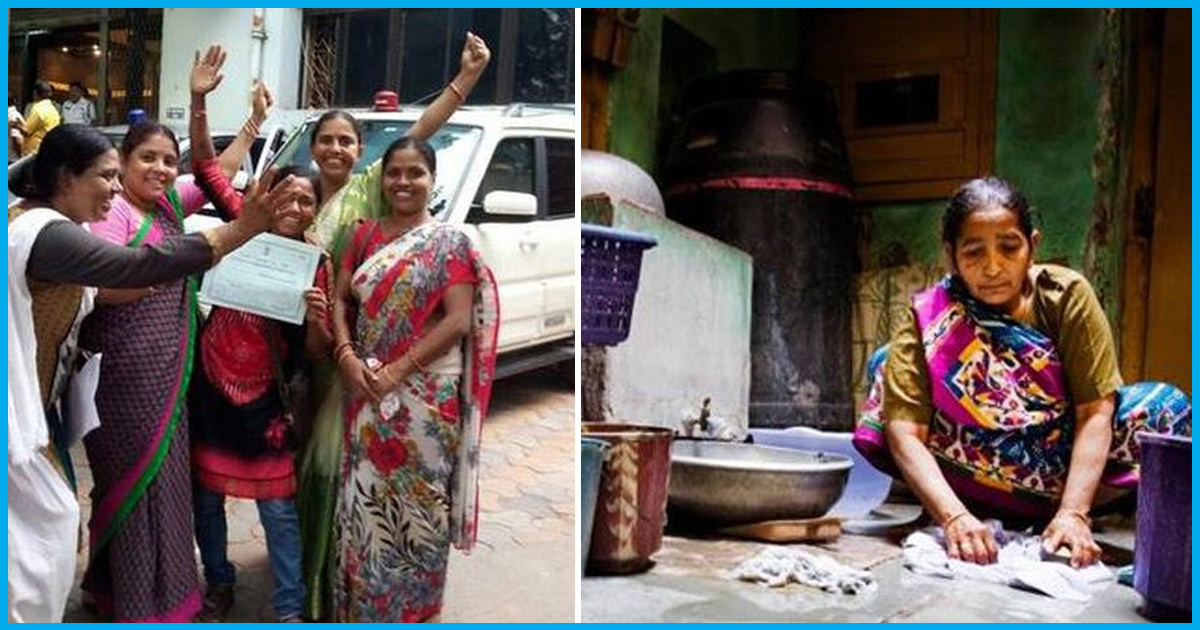Big Win For Domestic Workers In West Bengal; Now Recognised As Trade Union
20 Jun 2018 6:22 AM GMT
Signalling the changing times for domestic workers in India, an organisation for domestic workers in Kolkata-Paschimbanga Griha Paricharika Samit (PGPS-West Bengal Domestic Workers Society) received the trade union certificate from the state government. Being a part of a trade union will give them recognition and rights to minimum wages.
The organisation had applied for trade union status in late 2014 as reported by The Hindu.
Background
Tapsi Moira, 38, a domestic worker living in South Kolkata, a member of the organization put in a lot of effort to make this possible. Since 2014, daily after work she travelled from Dhakuria in south Kolkata to the Labour Department’s office in central Kolkata to inquire about the status of their application. She set off for work at 6 am in the morning just for this purpose. Finally, her struggle paid off. She is an ex-secretary of Paschimbanga Griha Paricharika Samit and currently a State Committee member.
“Paschimbanga Griha Paricharika Samit (PGPS-West Bengal Domestic Workers Society) is the first organisation of domestic workers to be granted trade union status in the State”, said Sovandeb Chattopadhyay, senior Trinamool Congress (TMC) trade union leader and Minister as reported by The Hindu.
As reported by the Wire, only two Indian laws, Unorganised Labour Social Security Act, 2008 and Sexual Harassment of Women at Workplace (Prevention, Prohibition, and Redressal) Act, 2013, grant domestic workers ‘labour’ status. However, none of the laws provides any legal framework regarding the rights of domestic workers.
Domestic workers in India.
There are approximately 4.2 million-50 million domestic workers in India, mostly women. The National Sample Survey Organisation (NSSO) data of 2009-10 shows that 54 per cent of domestic workers were illiterate, while about 83 per cent had less than middle-level schooling. Domestic work is also a highly undervalued sector of work because of the associations between domestic work and reproductive labour and its performance by poor women. There is no minimum wage for domestic workers and is subject to the employer’s discretion. Moreover, they are often subjected to emotional, physical and sexual violence.
 All section
All section














